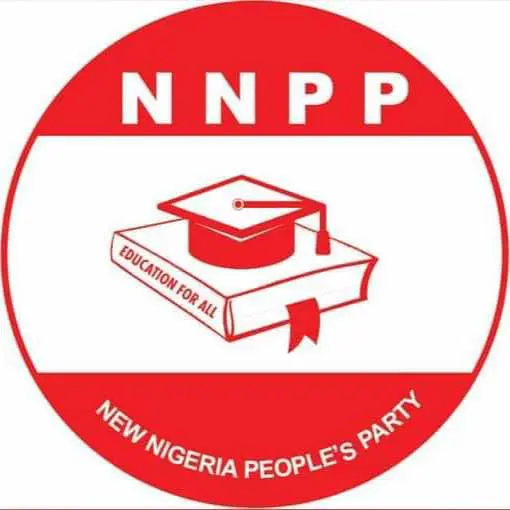The House of Representatives has made a commitment to delve into the allocation and efficacy of the N62 billion federal government intervention funds directed towards HIV/AIDS control programmes. This pledge encompasses an extensive inquiry into funds contributed by international donor organizations towards the Leprosy, Tuberculosis, and Malaria Control Programme throughout the tenure of President Muhammadu Buhari.
Chairing the House Committee on HIV/AIDS, Tuberculosis, Leprosy, and Malaria, Amobi Ogah, conveyed this resolve during the committee’s oversight visit. Expressing discontent over the non-appearance of the national coordinators of the National Malaria Control Programme and the National Tuberculosis and Leprosy Control Programmes, Ogah underscored the importance of their participation.
The absence of these key figures during the committee’s oversight visit did not go unnoticed. It prompted disappointment and concern, underscoring the significance of their involvement in the inquiry.
During the visit, apprehension permeated through the committee members regarding the prevalence of HIV/AIDS infections, as indicated by the data compiled by the National Agency for the Control of AIDS (NACA). The legislators urged the agency to intensify awareness campaigns in rural areas to educate the populace about the disease.
According to the findings from the National HIV/AIDS Impact Survey conducted by NACA, a disconcerting pattern emerged. The data revealed that in numerous states across the federation, a considerable percentage of individuals had contracted the deadly disease. This revelation has reinforced the urgency for proactive measures to combat the spread of HIV/AIDS.
The National Assembly’s commitment to investigating the allocation and impact of these substantial funds is a pivotal step towards ensuring transparency and effectiveness in combating the HIV/AIDS epidemic. It underscores the imperative to safeguard the well-being of Nigerian citizens by scrutinizing the utilization of these funds to address key public health challenges.



